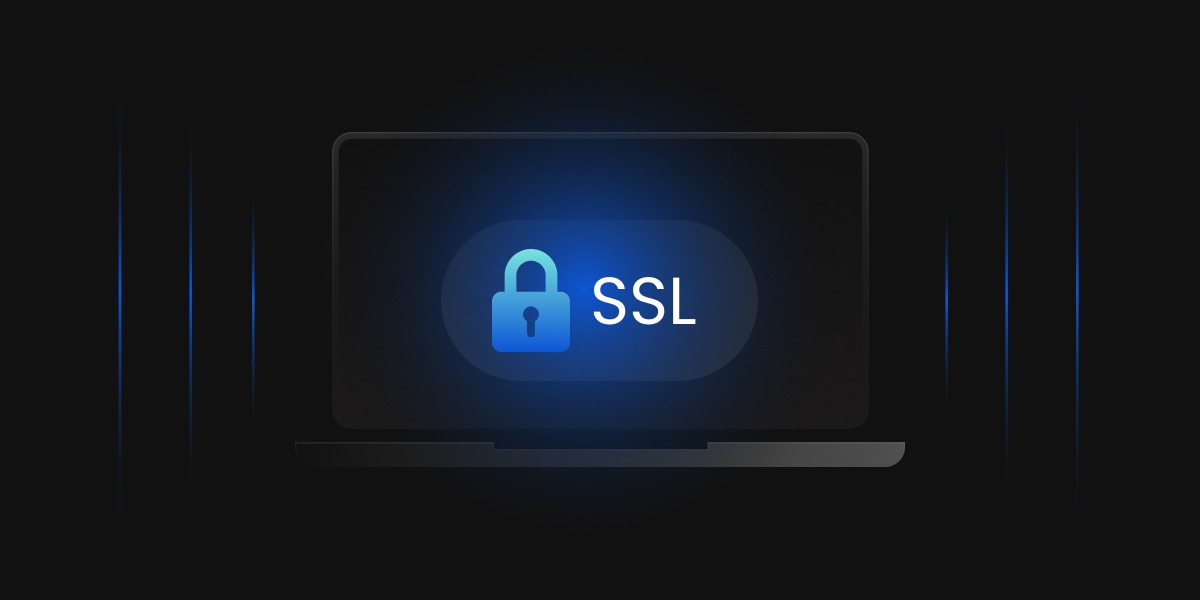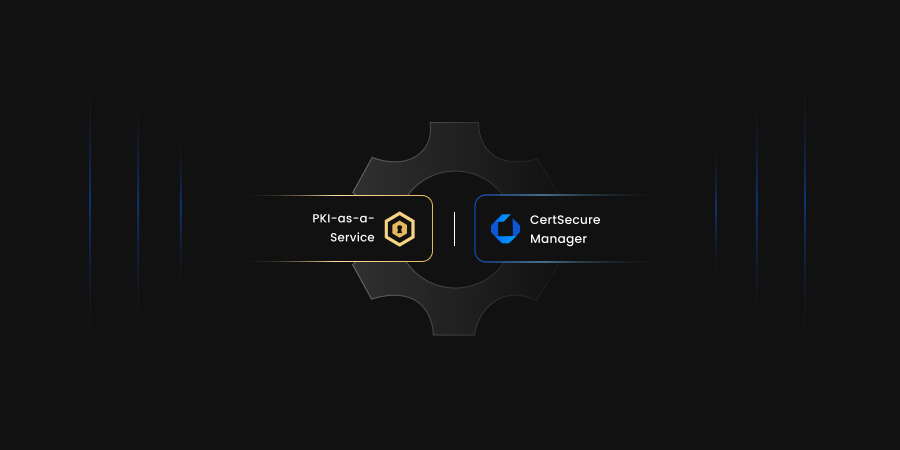In the current cybersecurity landscape, digital certificates are like passports for machines and applications. They help establish trust, encrypt communications, and verify identities. But not all certificates are issued by a trusted authority; some are self-signed. And that brings us to a common question: What types of certificates can I self-sign? And more importantly, should I?
What Is a Self-Signed Certificate?
A self-signed certificate is a digital certificate that’s signed by the same entity that created it. In other words, you’re vouching for yourself. There’s no third-party Certificate Authority (CA) involved to validate your identity or confirm that your certificate can be trusted. Self-signed certificates can be useful in internal networks and development phases, but they pose significant risks when not properly managed. Security teams often lack visibility into their usage, location, and ownership, making it difficult to detect compromise or revoke them if breached.
Without validation from CAs and proper PKI hygiene, including secure key storage, self-signed certificates can become serious vulnerabilities, especially in production environments. Mismanagement increases the risk of spoofing and exploitation, highlighting the need for strict oversight and control.
What Types of Certificates You can Self-Sign
While self-signed certificates often raise red flags, there are a few scenarios where they can be practical, if used with caution and proper oversight.
-
Development & Testing Environments
In isolated dev/test setups, self-signed certificates are a quick and cost-free way to simulate secure connections. They allow developers to test SSL/TLS functionality without needing a CA. However, these certificates should never make their way into production. Even in test environments, it’s important to track and manage them to avoid accidental misuse.
-
Internal Use & Temporary Projects
Not all certificates need to be publicly trusted, especially when you’re working behind the scenes. In controlled environments, self-signed certificates can be a practical solution for internal tools and short-term projects.
For example, internal applications like intranet portals or admin dashboards accessed only by authorized users may not require CA validation. In such cases, the absence of a trusted signature has minimal impact, provided the environment is secure and access is restricted. However, even internally, it’s wise to consider using an internal private PKI for better oversight and scalability.
Similarly, if you’re spinning up a quick internal demo or a short-lived app for a limited audience, self-signed certificates offer a fast and cost-effective way to enable secure connections. But convenience shouldn’t come at the cost of security. These certificates must still be tracked, managed, and decommissioned properly to avoid lingering vulnerabilities.
When You Should Not Use Self-Signed Certificates
While self-signed certificates have their place, there are several critical use cases where they simply don’t belong. Here’s where you should always opt for CA-issued certificates:
-
External-Facing Services
When your digital services are exposed to the outside world, whether through a public website, a customer-facing app, or an external API, trust is everything. And self-signed certificates simply don’t deliver it.
Browsers and client applications are built to reject or warn against self-signed certificates. If your website or app uses one, users will be greeted with alarming security alerts like “Your connection is not private.” These warnings not only disrupt the user experience but also erode trust in your brand. In many cases, users will abandon the session altogether.
Beyond the optics, there’s a real security risk. Without validation from a trusted CA, self-signed certificates are vulnerable to spoofing and man-in-the-middle attacks. And if users bypass the warning, they may unknowingly expose sensitive data.
-
Code Signing
When distributing software, a code signing certificate proves your code is authentic and untampered. Self-signed certificates don’t offer this assurance and are typically rejected by operating systems and app stores. Users will see warnings that your software is from an unknown source, hardly reassuring.
Why Self-Signed Certificates Are Risky in Production
While self-signed certificates are convenient, they come with a laundry list of risks, especially when used in production environments.
-
They’re Not Trusted by Default
Browsers, operating systems, and most applications don’t trust self-signed certificates. That’s why you see those scary “Your connection is not private” warnings when visiting a site with a self-signed cert. It’s not just annoying, it’s a red flag for users and a potential trust-breaker.
-
No Revocation Mechanism
With CA-issued certificates, you can revoke them if the private key is compromised. Self-signed certificates don’t have a built-in revocation mechanism like CRLs (Certificate Revocation Lists) or OCSP (Online Certificate Status Protocol). If something goes wrong, you’re stuck.
-
Poor Visibility and Management
Self-signed certificates often fly under the radar. They’re not tracked in centralized systems, which means they can expire without warning or be forgotten entirely. This opens the door to outages or, worse, security breaches.
-
Compliance and Audit Issues
Many regulatory frameworks, like PCI-DSS, HIPAA, and SOC 2, require the use of certificates issued by trusted CAs. Using self-signed certificates in production could put your organization out of compliance and at risk of penalties.
Best Practices for Using Self-Signed Certificates
If you decide to use self-signed certificates, here are a few tips to do it safely:
- Use Strong Cryptography: Stick with RSA 2048+ or ECC and use SHA-256 or better for hashing.
- Set Short Expiry Periods: Don’t let self-signed certs live forever. Rotate them regularly.
- Secure the Private Key: Store it in a secure location with strict access controls.
- Track and Monitor: Maintain an inventory of all self-signed certificates and monitor their expiration dates.
How Could Encryption Consulting Help?
Encryption Consulting’s Certificate Management Solution, CertSecure Manager, is a comprehensive solution for all your digital certificate management requirements.
You can use CertSecure Manager’s built-in certificate discovery feature to identify high-risk certificates, such as self-signed and wildcard certificates, across your environment, including network endpoints and certificate stores. It also provides insights into self-signed certificates issued by your internal or public CAs, using its certificate inventory and high-risk reporting tools.
Use Encryption Consulting’s PKI-As-A-Service to simplify your PKI deployment with end-to-end certificate issuance, automated lifecycle management, policy enforcement, and seamless compliance with industry security standards, eliminating the need for using self-signed certificates.
Additionally, Encryption Consulting’s advisory services could help your organization discover enterprise-grade data protection with end-to-end encryption strategies that enhance compliance, eliminate risk blind spots, and align security with your business objectives across cloud, on-prem, and hybrid environments.
- For more information related to CertSecure Manager, please visit:
- For more information related to PKIaaS, please visit:
- For more information related to our products and services, please visit:
Conclusion
Just because you can self-sign a certificate doesn’t mean you should. Self-signed certificates are fine in controlled environments or for internal use. But for anything public-facing or mission-critical, the risks far outweigh the benefits. Trust is the cornerstone of digital security, and trust is best established through a reputable CA.




